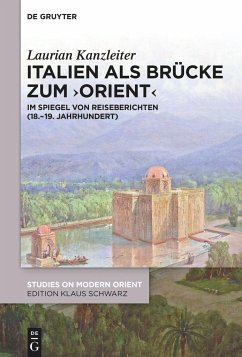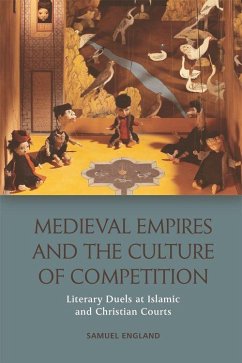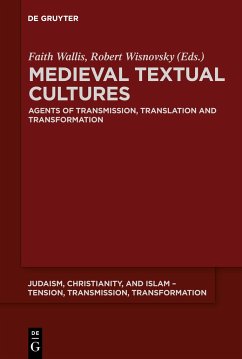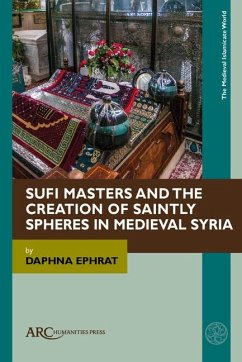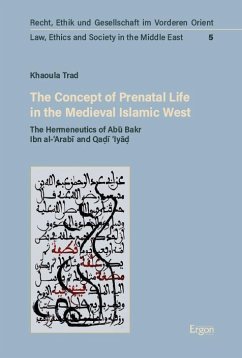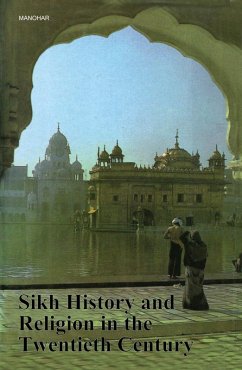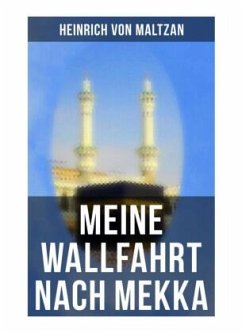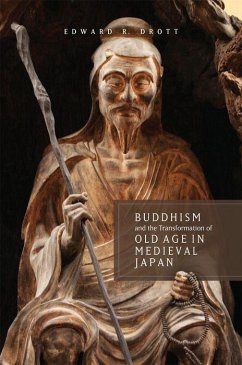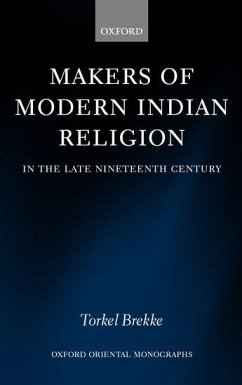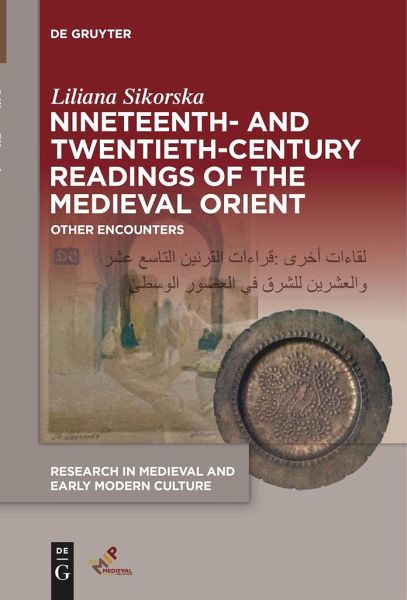
Nineteenth- and Twentieth-Century Readings of the Medieval Orient
Other Encounters
Versandkostenfrei!
Versandfertig in 6-10 Tagen
15,99 €
inkl. MwSt.
Weitere Ausgaben:

PAYBACK Punkte
8 °P sammeln!
Travel narratives and historical works shaped the perception of Muslims and the East in the Victorian and post-Victorian periods. Analyzing the discourses on Muslims which originated in the European Middle Ages, the first part of the book discusses the troubled legacy of the encounters between the East and the West and locates the nineteenth-century texts concerning the Saracens and their lands in the liminal space between history and fiction.Drawing on the nineteenth-century models, the second part of the book looks at fictional and non-fictional works of the late twentieth and early twenty-f...
Travel narratives and historical works shaped the perception of Muslims and the East in the Victorian and post-Victorian periods. Analyzing the discourses on Muslims which originated in the European Middle Ages, the first part of the book discusses the troubled legacy of the encounters between the East and the West and locates the nineteenth-century texts concerning the Saracens and their lands in the liminal space between history and fiction.
Drawing on the nineteenth-century models, the second part of the book looks at fictional and non-fictional works of the late twentieth and early twenty-first century which re-established the "Oriental obsession," stimulating dread and resentment, and even more strongly setting the Civilized West against the Barbaric East. Here medieval metaphorical enemies of Mankind - the World, the Flesh and the Devil - reappear in different contexts: the world of immigration, of white women desiring Muslim men, and the present-day "freedom fighters."
Drawing on the nineteenth-century models, the second part of the book looks at fictional and non-fictional works of the late twentieth and early twenty-first century which re-established the "Oriental obsession," stimulating dread and resentment, and even more strongly setting the Civilized West against the Barbaric East. Here medieval metaphorical enemies of Mankind - the World, the Flesh and the Devil - reappear in different contexts: the world of immigration, of white women desiring Muslim men, and the present-day "freedom fighters."





